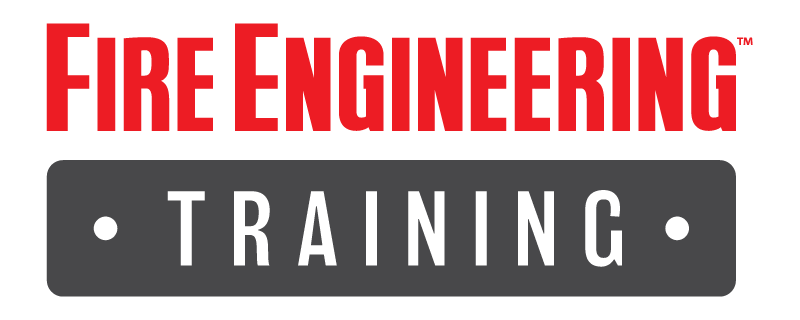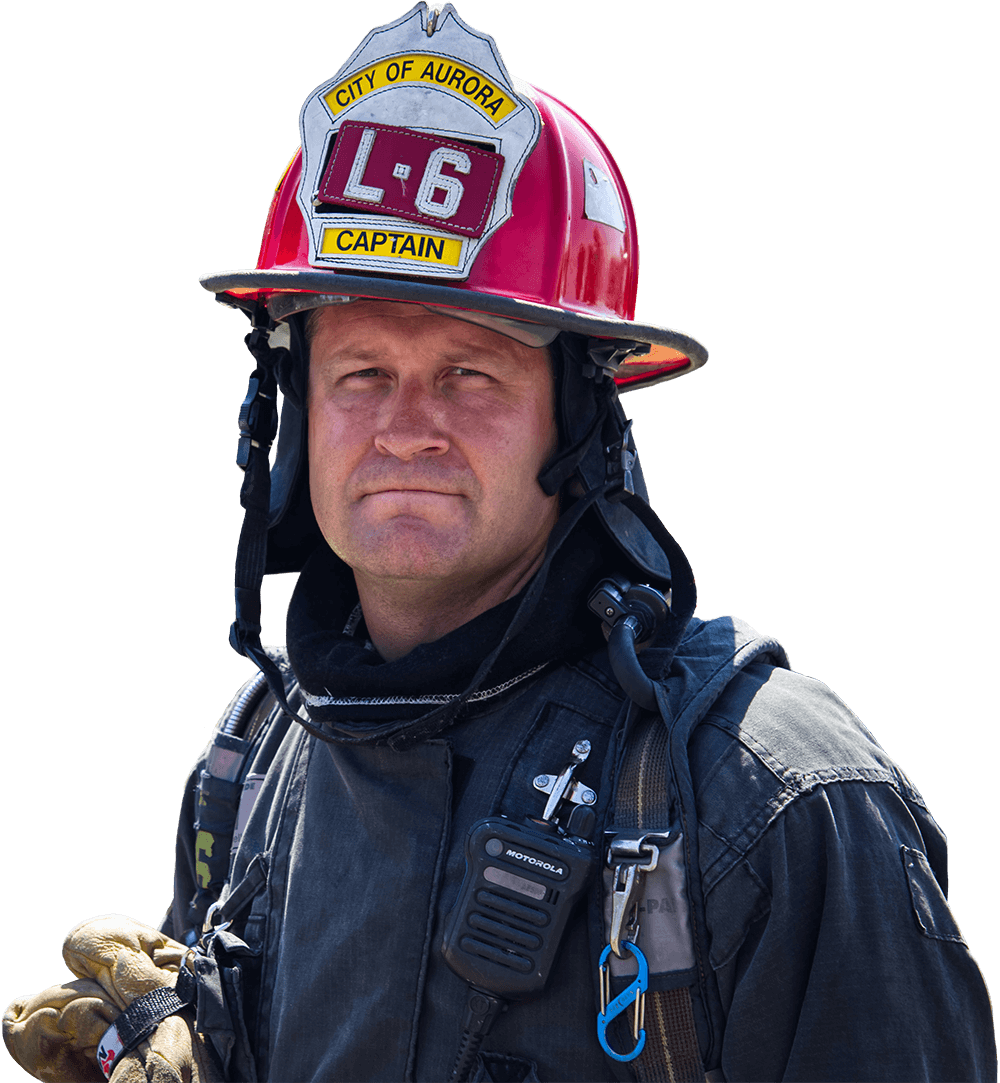The human face is often the first thing you recognize when meeting someone. When there is a disfiguring injury, it is difficult to see. As first responders, we must overcome that difficulty and put aside the shock and start to assess your patient. In this course, we'll discuss facial anatomy and physiology, how to anticipate injuries by recognizing the mechanism of injury, and hidden associated injuries and hidden bleeding. You'll get practice in setting priorities in patient care when facial injury is involved and anticipating changes in your patient's condition during treatment and transport will make a difference in your patient's outcome.
Course Type: Full-length Course
Course Duration: 60
The human face is often the first thing you recognize when meeting someone. When there is a disfiguring injury, it is difficult to see. As first responders, we must overcome that difficulty and put aside the shock and start to assess your patient. In this course, we'll discuss facial anatomy and physiology, how to anticipate injuries by recognizing the mechanism of injury, and hidden associated injuries and hidden bleeding. You'll get practice in setting priorities in patient care when facial injury is involved and anticipating changes in your patient's condition during treatment and transport will make a difference in your patient's outcome.
Course Type: Full-length Course
Course Duration: 60
Course Type: Full-length Course
Course Duration: 60
When a patient is hemorrhaging, EMS providers must act quickly and accurately to help save the patient. This JEMS CEU course will explore bleeding management of the severally injured, external hemorrhage control guidelines, and dispel hemorrhage control myths. Depending on the location of the injury, wound packing may be necessary. This course will also explore wound packing essentials for EMS and discuss how and when to escalate hemorrhage control to more invasive means.
Course Type: Full-length Course
Course Duration: 60 min
This course will examine current trends in burn care for both pediatric and adult patients. We will discuss triage and stabilization, airway and inhalation injury, burn shock and edema, escharotomy, calculating burn size, types of burns, and clinical studies.
Course Type: Full-length Course
Course Duration: 60 min
Unfortunately, mass casualty incidents have become more frequent. Having an effective EMS mass casualty incident ...
Course Type: Full-length Course
Course Duration: 60
Ensuring patients receive pre-hospital fluids can mean reduced mortality rates and better patient care. One of the main incidents first responders may respond to that would require administering fluids would be someone experiencing shock. This course explains the different kinds of shock, how to treat shock, and fluid resuscitation response.
Course Type: Full-length Course
Course Duration: 60
K. Lee Watson, MPA, NRP, is a Health and Safety Trainer for Virginia Tech, as well as a paramedic and volunteer at Longshop-McCoy Fire and Rescue and the New River in Virginia. As a paramedic, Watson worked with Carilion Clinic at Roanoke Memorial Hospital’s emergency department and Trauma Center. Before joining Virginia Tech’s faculty, Watson worked with NASCAR as their training manager and track services coordinator and developed an award-winning training program.
Course Type: Full-length Course
Course Duration: 60 min



